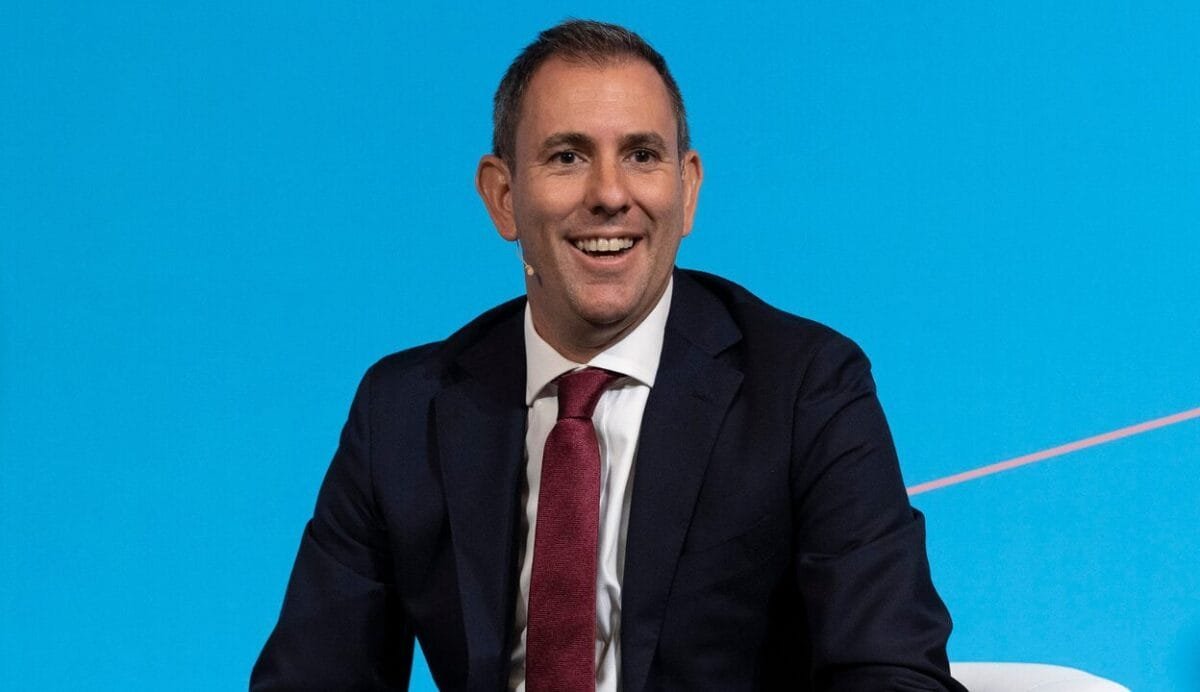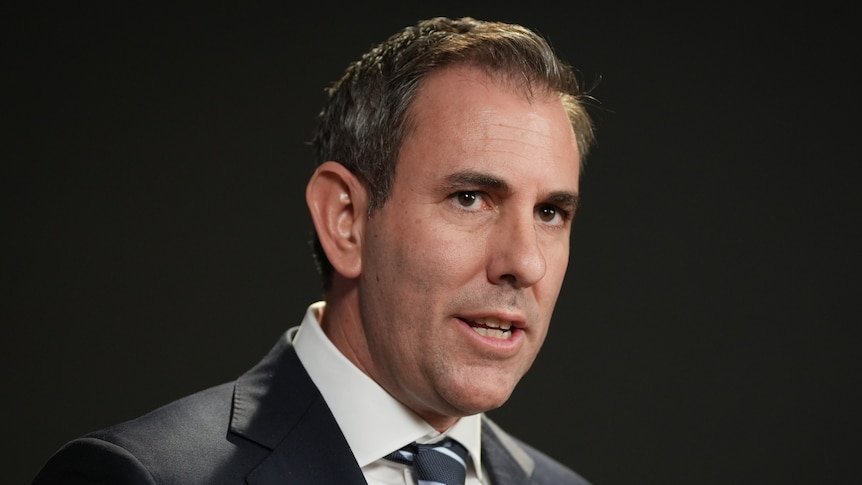Superannuation Tax Bombshell: Government Backs Down on Controversial Plan After Two Years of Pressure
- Treasurer Jim Chalmers announces major concessions to superannuation tax proposal, including indexing thresholds to inflation
- Move is seen as a humiliating backdown for the government, with Opposition claiming it’s a “weak” decision
- Changes will affect around 98,000 superannuation balances, with tax rates to be applied at $3m and $10m thresholds
- Former Prime Minister Paul Keating welcomes the changes, saying they will bring “much-needed equity” to the superannuation system
In a stunning reversal, the government has abandoned its contentious superannuation tax proposal, bowing to pressure from critics and agreeing to major concessions. Treasurer Jim Chalmers confirmed the changes, which include indexing the thresholds to inflation, meaning the tax rates will no longer capture more people over time.
The decision is a significant embarrassment for the government, which had been pushing the proposal for two years. Shadow Treasurer Ted O’Brien seized on the backdown, saying it was a “weak” decision that would leave a revenue hole in the federal budget. “So the Prime Minister jets overseas and leaves his Treasurer to be publicly humiliated,” Mr O’Brien said.
However, former Prime Minister Paul Keating welcomed the changes, saying they would bring “much-needed equity” to the superannuation system. “The Treasurer’s success in working through and resolving this impasse will now mean that superannuation accumulations will be successfully taxed but taxed only on a basis of realisation,” Mr Keating said.
The revised proposal will see tax rates applied at $3m and $10m thresholds, affecting around 98,000 superannuation balances. The government expects the changes to raise slightly less revenue in the short term, but significantly less in the long term due to the indexing of thresholds.

Greens leader Larissa Waters said the party would now work through the detail of the proposal, but expressed concerns that the changes did not go far enough. “At first blush, it does look like the government has gone weak on taxing the wealthy,” Senator Waters said.
The decision is a major victory for critics of the original proposal, who argued it would unfairly target high-income earners and hurt the superannuation system. The government’s backdown is also seen as a sign of its willingness to compromise and listen to feedback from stakeholders.
But the Opposition is already seizing on the decision, claiming it’s a sign of the government’s weakness and lack of direction. As the debate over the superannuation tax proposal continues, one thing is clear: the government’s backdown is a major turning point in the battle over the future of Australia’s retirement savings.

